


New research suggests that multiple sclerosis (MS) may quietly begin affecting the body up to 15 years before the first obvious neurological symptoms appear. Researchers found...
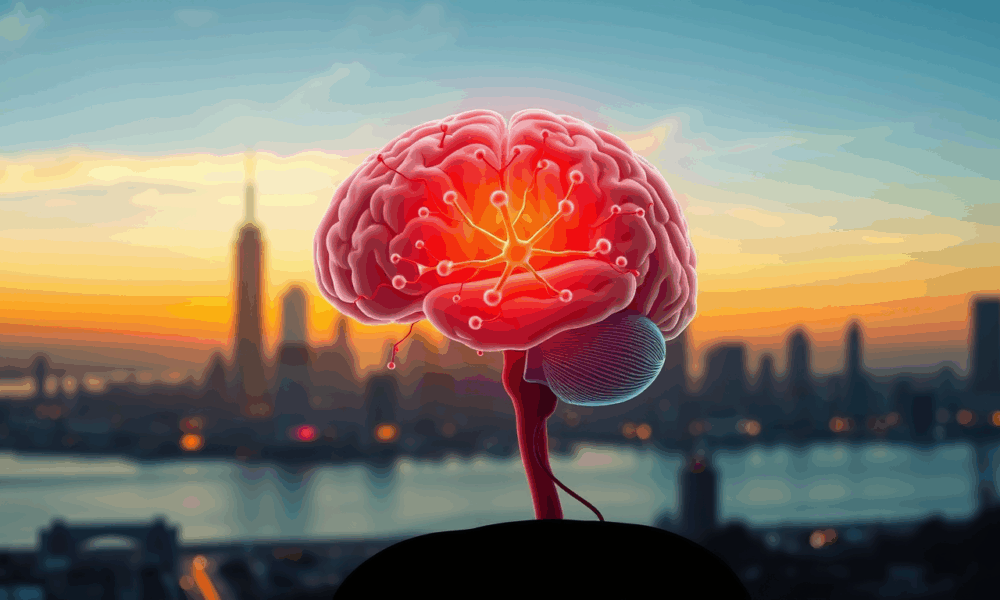


Stanford researchers discovered that dialing down an overactive enzyme, LRRK2, can regrow lost cellular “antennae” in key brain cells, restoring vital dopamine communication and neuroprotective signals...



Teens might finally have a good reason to sleep in on weekends within limits. A new study reveals that teenagers who get up to two extra...
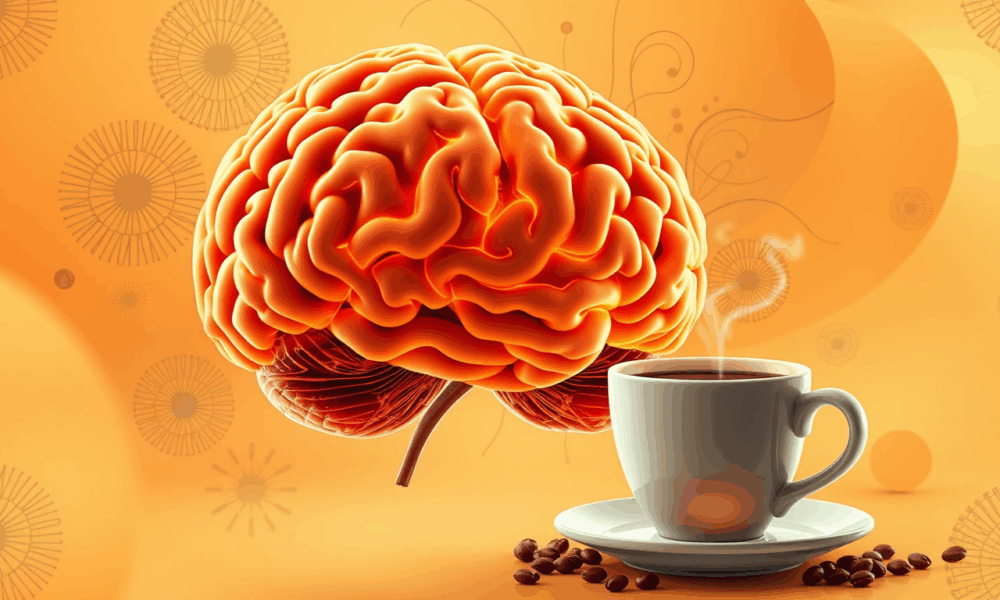
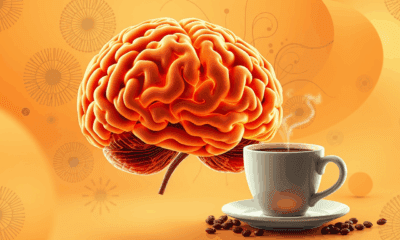

Coffee can help you stay awake. But what does caffeine actually do to your brain once you're asleep? Using AI, a team of researchers has an...



The timing and consistency of your daily activity might be associated with improved cardiorespiratory fitness and walking efficiency.



Researchers developed a way to extend the shelf life of vegetables by injecting them with melatonin using biodegradable microneedles.



People who were less active, with a daily average of more than 14 hours of sedentary behavior, were more than twice as likely to have another...



Sleeping nine hours or more per night is associated with worse cognitive performance, and it is even more the case for those with depression.
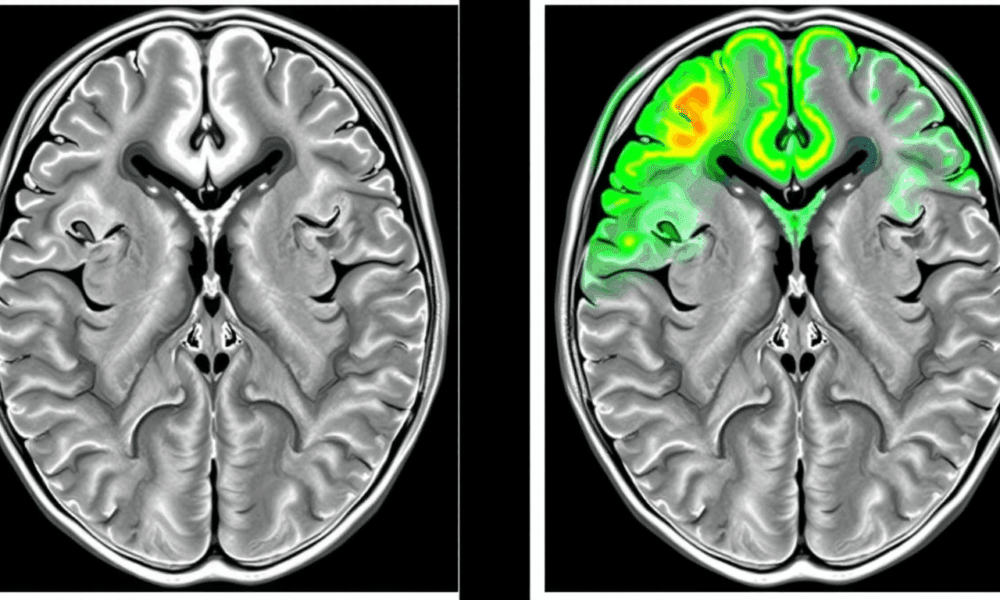
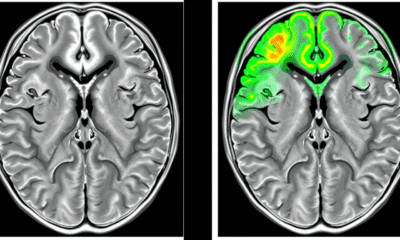

Obstructive sleep apnea, a condition that causes lower oxygen levels during sleep, is linked to degeneration of brain regions associated with memory through damage to the...



For adults over the age of 65, higher levels of both insomnia symptoms and sleep medication use were associated with higher risk of disability a year...